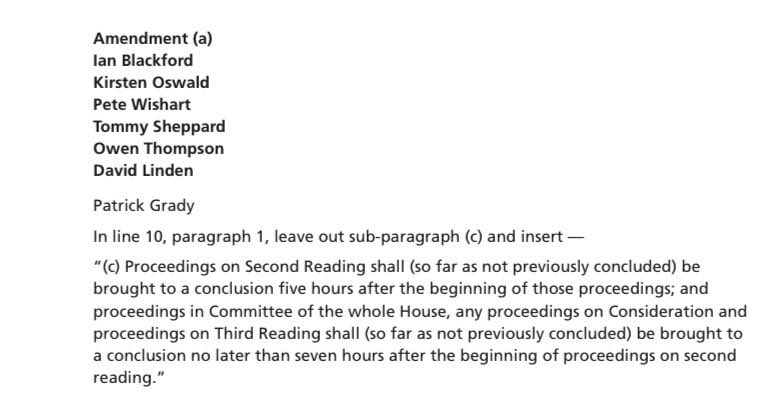
At today's Future Relationship with the European Union Committee - we're hearing from @CSBarnard24 that the deal has a slightly "alice in wonderland quality" about it - nothing really appears quite as it first looks. If you compare to what we had until 1 Jan, it falls short. 1/
For example, there's a statement that the dispute resolution mechanisms doesn’t apply, but if you plough on until the end you see that some chunks of the DSM are actually incorporated over non-regression provisions. @CSBarnard24 2/
From @SamuelMarcLowe: "the premise of this agreement [is] to remove tariffs & do v little to remove barriers to trade and services. If you’re prioritising the economic status quo and economic integration with Europe then of course this deal is going to disappoint you." 3/
"This deal is actually very unstable", says @CSBarnard24. "One of the problems is that this constant contestation of the deal creates quite a lot of difficulties for businesses." 4/
"If you’re a car manufacturer that wants to invest in a new plant, you don’t know whether tariffs are going to be imposed either because the deal is brought to an end or due to potential govt retaliation - this is the main concern of this deal." @CSBarnard24 5/
From @RaoulRuparel: "There are lots of parts where we don’t know yet what they mean until they’re put in place - a ‘grey area’, such as parts of LPF in terms of non-regression. How is that going to be defined? These sorts of things are up in the air until they’re tested." 6/
More on the deal's instability from @CSBarnard24: "There are so many ways that this trade agreement can be brought to an end by either party. We can terminate the agreement on 1y notice. Equally, the deal is also something to review in 5y and there will be a vote in NI in 4y." 7/
From @RaoulRuparel "Labour law & social employment law likely to be biggest areas that could become an issue. Working time came 10y ago and has been evolving. It will take time to emerge, not a big bang issue but something that happens overtime until we reach a tipping point." 8/
Disagreement with @pritipatel that the UK will be safer. @CSBarnard24 says "UK instrumental in setting up all of these mechanisms when it was a member of the EU and the fact is a number of them have been turned off and we’ve been refused access to them." 9/
Of particular concern is the loss of access to the Schengen Information System (SIS) "which we previously used 600million times a year" @CSBarnard24 10/
• • •
Missing some Tweet in this thread? You can try to
force a refresh



